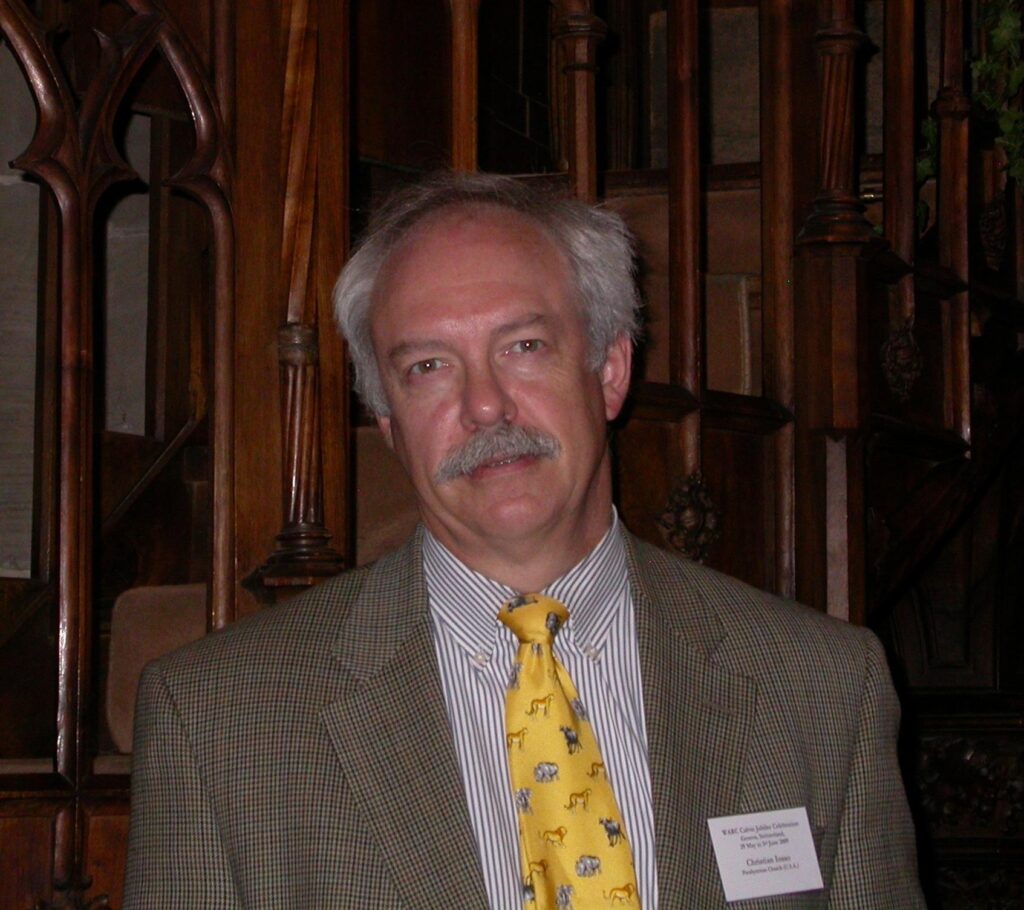
These comments from General Editor Chris Iosso come in response to a closing editorial by Managing Editor Ginna Bairby and serve as our final article in our series on the Future of Social Witness.
Ginna’s response is an excellent summary of key themes, and she has very much guided Unbound in keeping the language and thoughts of the Amos—or Second Isaiah—or Jeremiah generation writers who have generously contributed. She has followed Patrick Heery well in seeking lively experientially-grounded reports from the fronts of social witness.
Three changes in emphasis seem to emerge for me as I read the pieces, and I would share them briefly:
1.) From the perspective of one who spent his twenties in the 1970’s working on South Africa and other human rights and environmental justice issues through the then-new corporate responsibility strategies, there was a sense that the churches as corporate bodies had been effective: in civil rights, in helping end Vietnam, and that we would be successful on nuclear weapons and the environment and a broader human rights agenda. And yet the cultural changes included trends of “reaction” that helped us get into new wars and fail to address climate change, among other massive problems. Our contributors understand systemic or structural issues that require policy solutions, but what they may have seen is more positive cultural change in proportion to political-economic change.
2.) A read of almost any of the church studies and recommendations of the past 40 years would show a clear emphasis on pragmatic implementation and concrete experimentation. What the new folks seem to value a bit differently is the communal dimension and the way this may help the church witness to God’s Spirit in the world. Ginna is right that there is relatively little gnashing of teeth about the loss of cultural access and numbers, but this may also reflect a different range-finder.
___________________________________________
The new prophets are perhaps showing us how to keep the cultural and political change together, partly by changing the identifications of the church.
___________________________________________
3.) The insights of feminism about the personal and the political in the church, especially for women called to ministry, were often rejected or lumped with “identity politics.” Despite my point one, distinguishing between structural and cultural change, the new prophets are perhaps showing us how to keep the cultural and political change together, partly by changing the identifications of the church. This might lead us into a discussion of different virtues and types of character, again with an exploration of how newer public sexual identities build on and transform feminism, and that might lead us to re-read some of those articles.
*****
Read more articles in this series.






Unbound Social